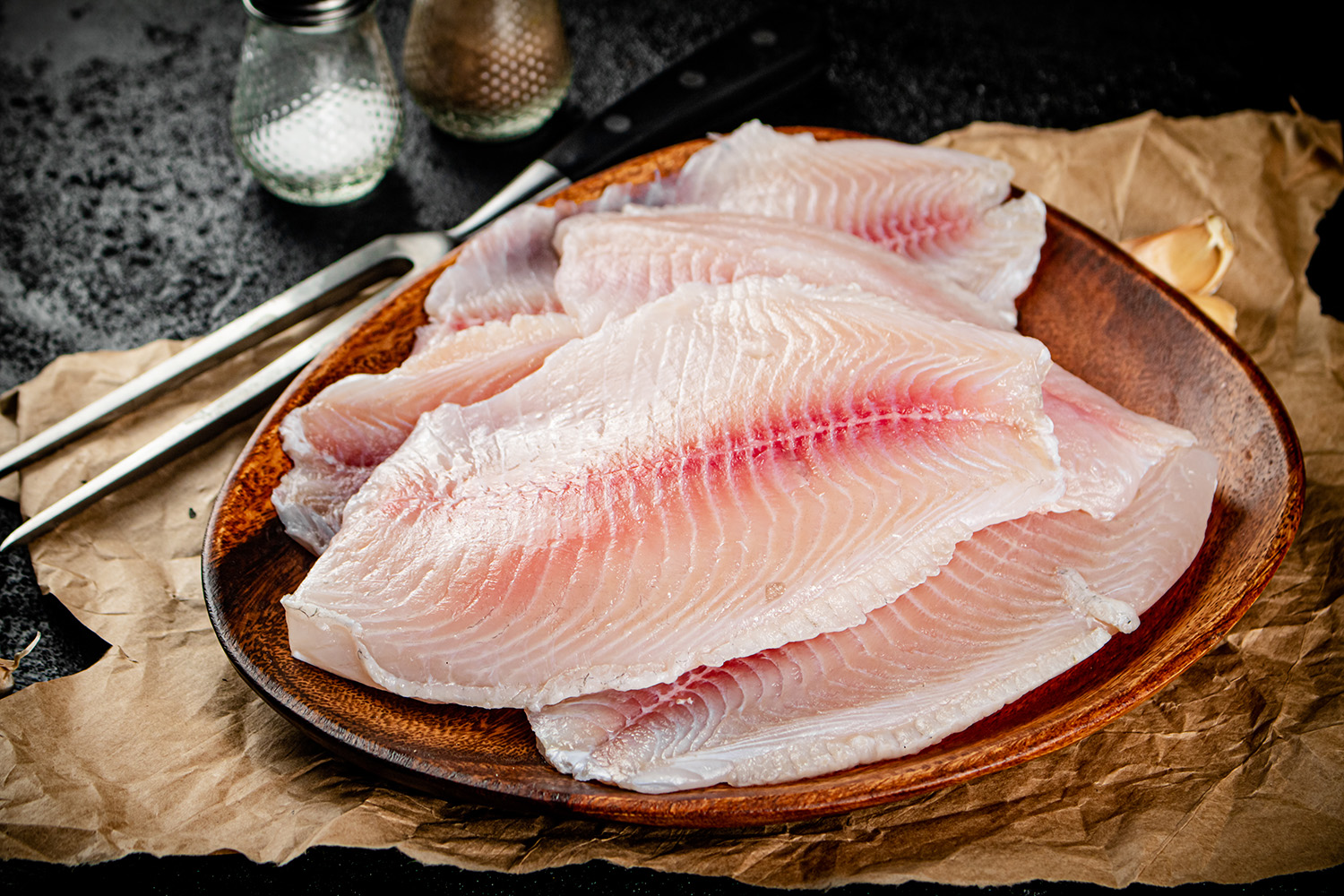
You hear about omega-3s but do you really understand what they are and how they help with weight loss? We know they’re in fish and that they’re good for us, but why exactly? With February being Heart Health month, I wanted to explain a little more what exactly omega-3s are, why they’re so good for us, and where else we can get them besides in fish.
Omega-3s belong to a family of fats called essential fatty acids. Your body needs these fats, but cannot make them. You must get them from the foods you eat.
Yes, although fish provides the most readily-available form of omega-3. But if you are working towards eating more fish, incorporating a variety of green vegetables into your diet will provide you with omega-3s. Try seaweed, broccoli, spinach, kale, spring greens, dark salad leaves, cabbage, Brussels sprouts, and parsley for reasonable sources of omega-3s.
Polyunsaturated oils, including the omega-3 fats, are extremely susceptible to damage from heat, light, and oxygen. When exposed to these elements for too long, the fatty acids in the oil become oxidized, a scientific term that simply means that the oil becomes rancid. Rancidity not only alters the flavor and smell of the oil, but it also diminishes the nutritional value. More importantly, the oxidation of fatty acids produces free radicals, which are believed to play a role in the development of cancer and other degenerative diseases.
It is important to store oils rich in polyunsaturated fatty acids in dark glass, tightly closed containers in the refrigerator or freezer. In addition, you should never heat these oils on the stove. Instead of sautéing your vegetables in flaxseed or walnut oil, make a salad dressing using these oils.
Levels of mercury are generally highest in older, larger, predatory fish and marine mammals. Five of the most commonly eaten fish or shellfish that are low in mercury are shrimp, canned light tuna, salmon, pollock, and catfish. Avoid eating shark, swordfish, king Mackerel, or tilefish because they contain high levels of mercury.
The American Heart Association recommends getting at least two servings per week of fish, particularly fatty fish. These would include salmon, mackerel, herring, sardines, and chunk light tuna. A serving is 3.5 ounces of cooked fish. Experts say any fish is better than no fish!
Yes. Fresh fish that has not been processed into fish sticks, frozen fish, or other processed fish provide more of the Omega-3 and weight loss beneficial fatty acids. Fresh fish also tastes a lot better.
The wonderful thing about fish are that there are many varieties that each have their own flavor and texture. Some of our favorite fish are:
Our weight loss doctors and staff are ready to help you lose weight fast and begin to work on achieving new healthy lifestyles. Together, We Can!
Written by a Certified Dietitian at Figure Weight Loss.